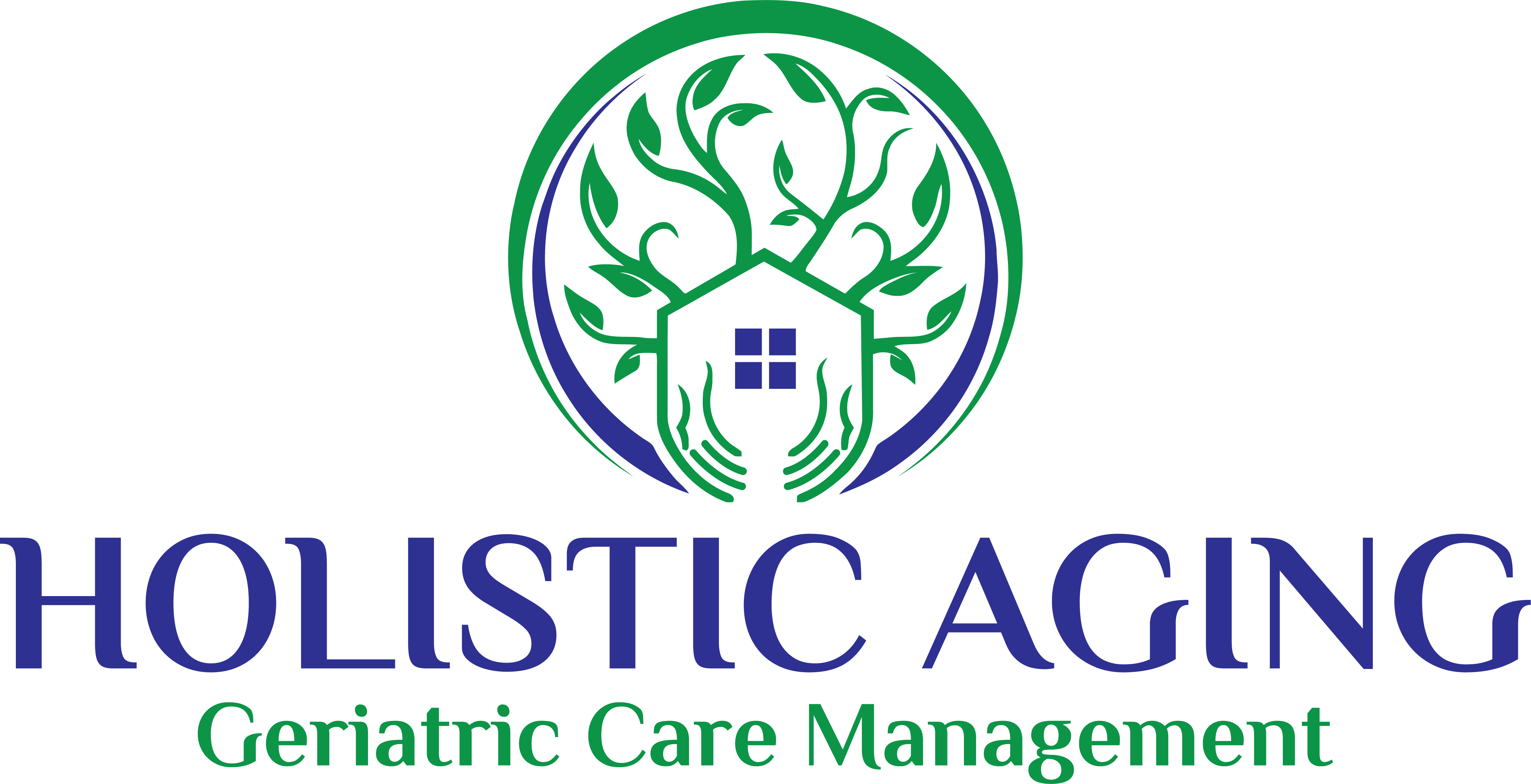
Successful Model for Transitions in Care
Transitions
Transitional care encompasses a variety of services and environments. Proper transitional care promotes the safe transfer of individuals between different levels of health care and across various types of health care settings. A trip to the hospital, a decision regarding placement into a facility, or bringing your loved one home can each be overwhelming events. You might not be giving much thought to what happens next when you’re at this point. You are probably focusing on the most immediate medical needs of your loved one. This is typical when you’re also juggling family and work responsibilities. The way this transition is handled; whether the discharge is to home, a rehabilitation facility, an assisted living facility, or a nursing home; is critical to the health and well-being of the individual. Patients, family caregivers, and healthcare providers all play roles in maintaining a patient’s health.
My Experience as a Practicing Life Care Manager
I have experienced first hand the results of advocating and intervening on behalf of client. I have learned the value of my involvement, assisting families and their loved ones when these transitions occur. There is a surprising lack of consistency in the process and quality of discharge planning and treatment across the healthcare system. Many situations require me to be hands on. I work with both clinicians and providers collaboratively to inform the client and family, formulate care recommendations, and offer options for alternative care. Ensuring, through it all, that there are no medical errors taking place and advocating for my client’s best interest.
This type of involvement can significantly impact an individual’s ability to recover. I witness many older adults discharged too early from facilities and services. These individuals do not have any of the proper supports in place. This ultimately leads to re-hospitalization, readmission into services, or another unnecessary move or placement into another facility. Inappropriate placements lead to unfulfilled needs. This happens too often. An inadequate level of care results in the decline of their health. Many of these older adults do not know their options regarding their care during their inpatient stay. They are usually swept away for testing, given medications, and sent home. Then they deal with scripts, outpatient procedures, and follow up appointments. This process overwhelms clients who are trying to make sense of it all.
Personalized Plan of Care
Several important things are taken into account before and during these transitions. The older adult’s social, emotional, psychological, financial, medical , and spiritual needs are evaluated and included in an ongoing plan of care. That plan is communicated to all providers and family members that are involved. If a plan of care is not in place, decisions end up being made during emergent situations. This is when an individual is most vulnerable and often pressured to make decisions with no time to think things through. An individual can feel forced into a decision or type of treatment without any time to discern what their true desires and wishes are. It’s necessary to know what current supports and resources are in place and which ones are necessary when creating a plan of care.
Does the individual have unfulfilled needs? What resources are available to the individual? Are those resources accessible? Are services providing quality care? These are all important questions to answer.
The Value of a Life Care Manager
Clinicians are often glad to know when we become involved and are happy to see us.They know how Life Care Managers can facilitate care and increase communication among providers, family members, and clients. They ensure that quality care is provided and completed in a timely manner because, all to often, they don’t have the time themselves that they wish they had. Life Care Managers effectively improve a patient’s health. They accomplish this by promoting wellness and autonomy through advocacy, education, and identifying resources. This often results in increased quality of care and greater client satisfaction.
Family members, who have so many responsibilities of their own, find it difficult to continue to provide oversight especially if they reside out of town. They often feel relieved when we arrive and rely on us as being experts in our field. We help them find solutions to address all of their concerns and worries, while at the same time keeping them well informed.
A Life Care Manager can help identify and prioritize needs and educate both clients and families on necessary and beneficial services and treatment options. Older adults typically receive care from many providers and move frequently in and out of health care settings and facilities. This quickly increasing their chance of receiving fragmented care. It is during this crucial time that a need for a Life Care Manager is greatest. They can ensure that effective, appropriate, and timely care is being provided. When transitional services are inadequate older adults’, caregivers’, and family members’ risk for poor outcomes increases. A Life Care Manager is very beneficial in helping guide families and their loved ones into a holistic environment supporting the entire aging process.
Quality Care
Quality transitional care is especially important for older adults, adults with multiple chronic conditions, complex needs, and the disabled. The older adult can easily become overwhelmed trying to understand and process a significant amount of medical information while also trying to adhere to their plan of care. To make informed decisions that are truly the best fit requires assistance from a professional. They have the means to provide insight and improve the client’s understanding of their care. Then, clients gain the resources to increase their involvement in their own care.
When dealing with these overwhelming transitions through healthcare, trust in a Life Care Manager.
